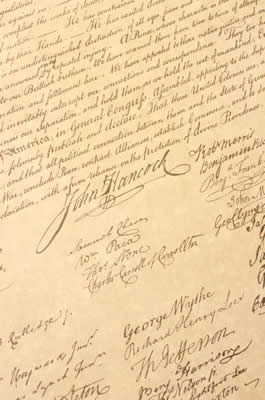It used to be easy, says Attorney Matthew Effland. If you spotted someone reading on the job, you just told them to go back to work. Now, they have headphones on-are they listening to an audio conference on HR compliance, music that relaxes them, or a digital book?
Unfortunately, you are going to have people who abuse your technology. They are going to send e-mails of the wrong nature, access sites they shouldn't, or simply spend the day doing things that aren't related to their jobs, Effland says. And when you try to discipline, they'll yell, "Constitutional privacy rights!"
It's Misunderstood!
How many of these outraged responses have you heard?
- But it's my computer! It's sitting on my desk.
- What I do from my home computer is my business!
- You were listening to my private phone calls?
- You can't go through my e-mail-it's private.
That's the kind of pushback HR managers are getting from employees, says Effland.
The 'Constitutional Right to Privacy'

Do employees have a constitutional right to privacy at work? Many employees think that they do. Here's an example from Effland.
Someone is stealing Subway® sandwiches from the refrigerator. To find the culprit, after hours you secretly go around to each desk looking for Subway wrappers.
You find them in Joe's office in his trash can, and the next day you discipline Joe. He says, "What are you doing going into my office? The door was shut; you can't do that!" In a government agency, that employee may be right; in private firms, however, probably not, says Effland.
Limiting Expectations in a Government Setting
As private citizens we have rights against "unreasonable search and seizure," and when we work in a government setting, we essentially have that same protection.
But that varies based on the job, Effland notes. To limit expectations in a government setting, figure out, based on the individual's job, what the expectation of privacy should be.
For example, the person who runs the ticket booth at the government parking lot has little expectation of privacy. Others share her booth. Anyone can look in. She has some privacy rights, but not many. On the other hand, the governor's chief of staff has a high expectation of privacy in his office.
Privacy in a Private Setting
For all employees not in public or government settings, there is no constitutional right to privacy at work, says Effland. It's easy-if you don't want the boss snooping, work somewhere else..